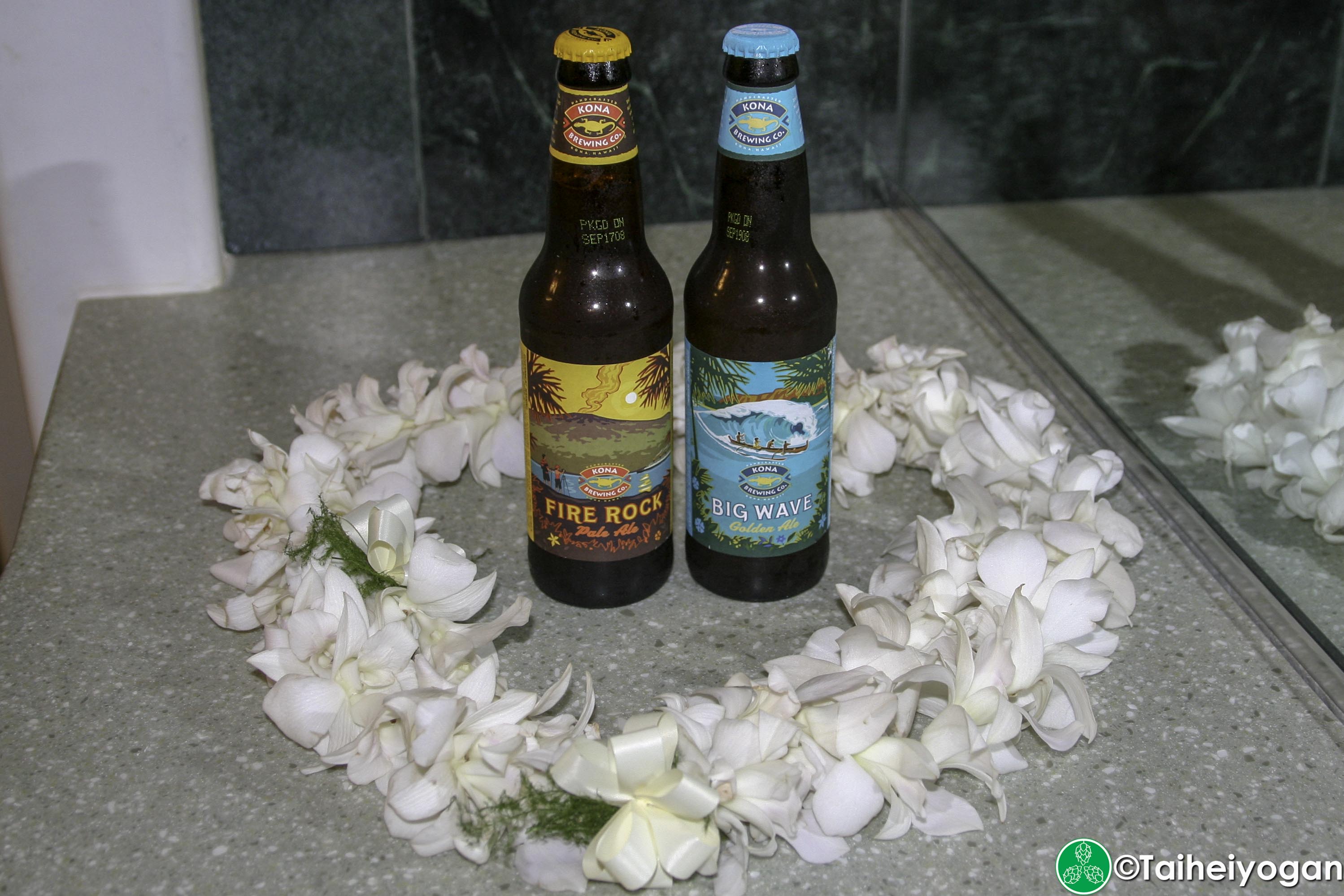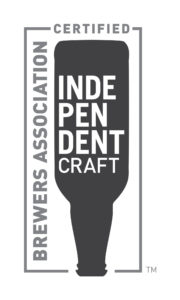1988 was the year that some will consider the start of the “crafty beer” scene. It was the year that Miller Coors bought Jacob Leinenkugel, a 5th generation family brewery that was on the verge of collapse (Source: Vinepair). Since that time, the acquisitions of craft breweries has increased and there is a real fight between the Brewers Association (US) and the breweries that have been acquired, fully or partially, by macro breweries.
Many beer journalists have talked at length about crafty beer and the independent craft beer monikers; the industry is becoming a mess because of this. There is a lot of politics revolving around this and the CEO of the Craft Brew Alliance, Andy Thomas had a great quote in saying “Don’t bash beer – celebrate beer” (Source: Brewbound). We can’t agree more and in Japan, the line between independent and commercial is so grey that it is a huge task to research and get everything right.
One of the first monikers used to distinguish breweries such as Jacob Leinenkugel, or even Kona Brewing, under the Craft Brew Alliance, was “crafty beer”. It has such a negative meaning that it was used as a pejorative in many instances. While a Grand Kirin or a Craft Select from Suntory can easily be considered “crafty”, especially with their labeling, a Yona Yona Ale from Yo-ho Brewing should hardly be called “crafty” as they continue to maintain their recipes and nothing appears to have changed with their main line. Just because Yo-ho sold out to a major brewery doesn’t mean they don’t make good beer anymore.
In 2017, the Brewers Association seemed to understand that the “crafty beer” moniker was more detrimental to the industry and created the “independent craft” label for anyone willing to pay for it. The Brewers Association does an audit and either approves or denies the brewery based on their published criteria. The Association of Microbrewers of Quebec (Source: CBC) is also creating their own label in 2018 and I’m sure many other groups will be considering their own criteria and labels. The only problem is that only beer geeks will care about this and it won’t really affect sales in the general public.

Taihei’s personal motto is “preference is preference”. We understand that every brewer puts their heart and soul into their beers. Whether we like the beers or not, we believe that every beer has its market. If you are looking for something crazy that may not taste like beer, try some of Tochigi Microbrewery’s festival offerings. Looking for something light and a great palate cleanse, try Asahi Super Dry. The list goes on and brewers will always make things they like.
In terms of trying to find a solution, the “independent craft” is a way to continue supporting the little guys, but it is equally important to find a way to mention breweries, such as those under the Craft Brew Alliance, that have an advantage by being backed by macro breweries. It may be possible to consider calling them “macro supported craft” to show that they are still craft breweries and they are still working hard on making great beers, but they have more support than the “little” independents. This name may also be considered derogatory in the future in the same way “handicap” and “disabled” have become derogatory with time. We don’t have a solution but as Andy Thomas said back in 2014 when he became the CEO of Craft Brew Alliance, “don’t bash beer!”
*Independent Craft Brewery logo is courtesy of the Brewers Association


